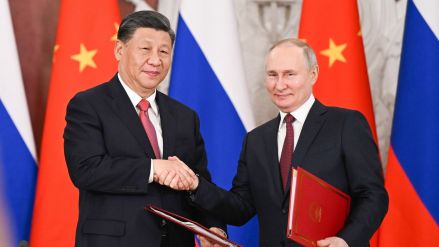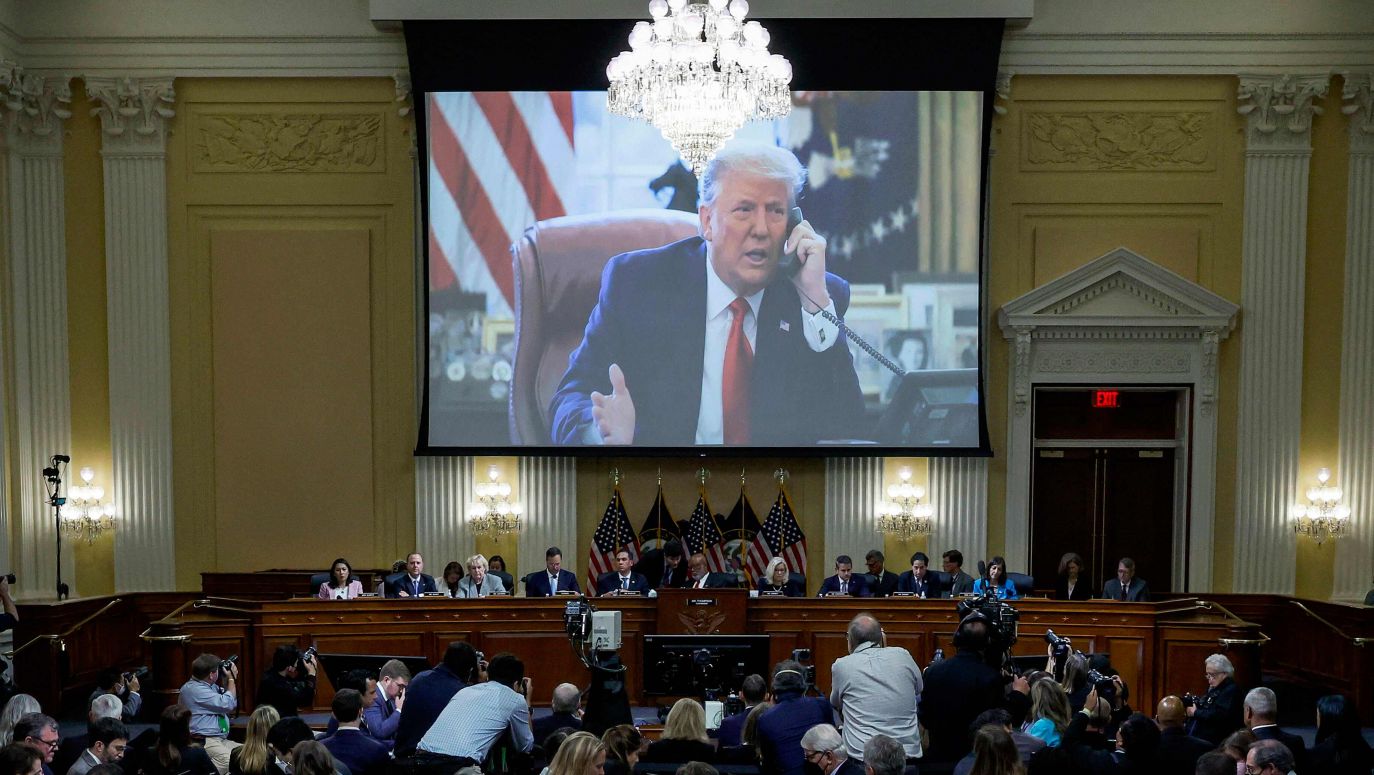
Moscow has found itself in such a difficult position vis-à-vis its Chinese friend that it will be forced to share nuclear technologies with it
see more
Furthermore, by formulating his axis of democracies and autocracies, Joe Biden seems to have disregarded the fact that there are completely undemocratic countries that no one would think of inviting, but which are not offended by such exclusion, as it is how they define themselves. However, these politically important countries are needed for international policy. A classic example, of course, is Saudi Arabia, without whose support effective policy in the Middle East and management of the global fuel market is not possible. It is difficult to imagine anyone seeing the possibility of turning this country into a democracy, let alone a “liberal democracy”, which is the ideal model for most Western countries.
As Frederick Kempe, the head of the serious and strongly connected to American political elites think tank, The Atlantic Council, pointed out: “There is a long-term need to build more creative coalitions shaping the global future while abandoning the simplifying division into democracies and autocracies, which groups the worst despotisms, such as North Korea and Iran, with moderate and modernising nations that participate in the functioning of the global order.”
Meanwhile, Richard Haas, a veteran of American diplomacy and outgoing head of another prestigious think tank, the Council on Foreign Relations, welcomed the second edition of the Democracy Summit with a simple statement on Twitter that it is a bad idea, as apart from the awkward question of whom to invite, American democracy is not a good model for others, and many undemocratic countries need to cooperate on sanctions against Russia and climate protection.
Two cents from mayors
Apart from the presidential camp and the State Department, it is difficult to find supporters of Joe Biden’s proposed division of the world in the United States. Even the liberal
Washington Post once hinted that cooperation with, as they put it, “lower-tier criminals” is needed in America. So it can be assumed that this event will disappear with the departure of the current president. Although not entirely.
I must explain the title, as one of the accompanying actions of the Summit for Democracy was the issuance of the Global Declaration of Mayors for Democracy, in which (among other things) “addressing growing concern about the resilience of democratic systems around the world and the rise of authoritarianism,” mayors and presidents of 200 cities around the world passed a resolution to “rebuild and strengthen democracy.” The list of signatories to this declaration includes the mayors of London, Paris, Warsaw, and Kraków, as well as the signature of Mr Gabriel Wieczorek, the head of the commune [wójt] of the Mazovian municipality of Sanniki, which is really worth visiting, if only to see the beautiful 19th-century palace where Fryderyk Chopin used to stay and where his music is played. From now on, Sanniki will also be known for its global fight for democracy.
– Robert Bogdański
TVP WEEKLY. Editorial team and jornalists
– Translated by jz 

 SIGN UP TO OUR PAGE
SIGN UP TO OUR PAGE 







